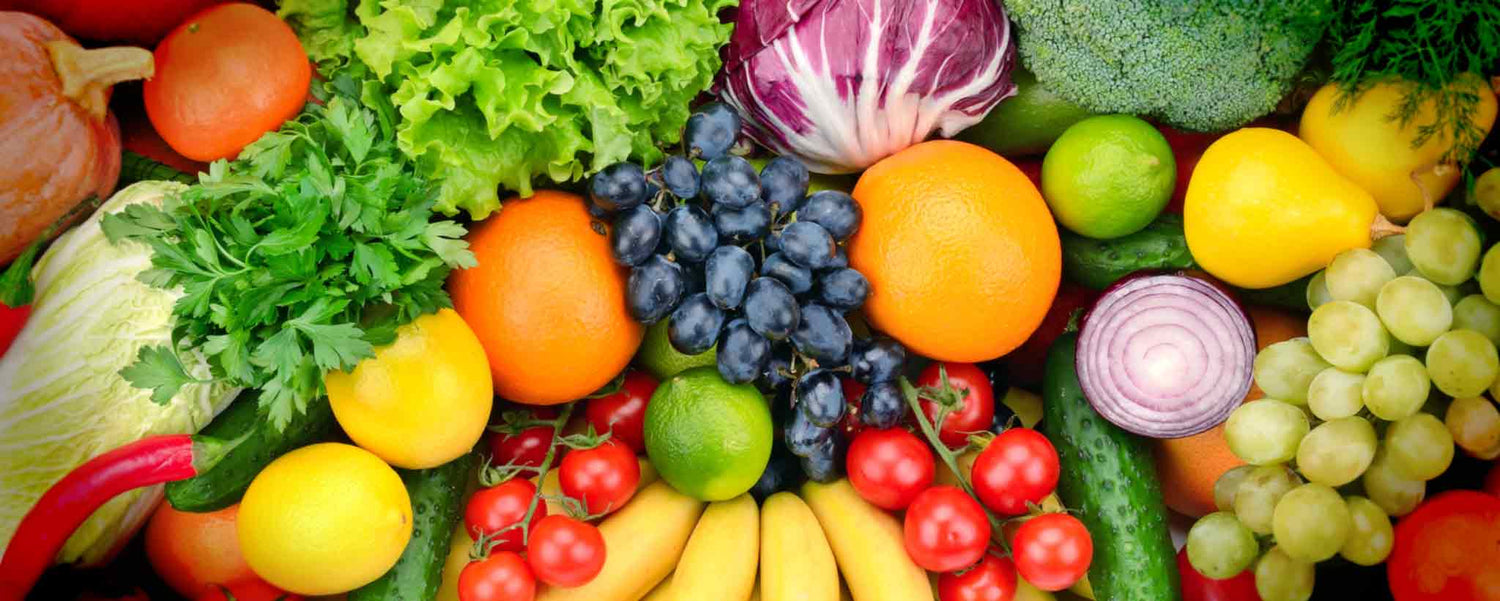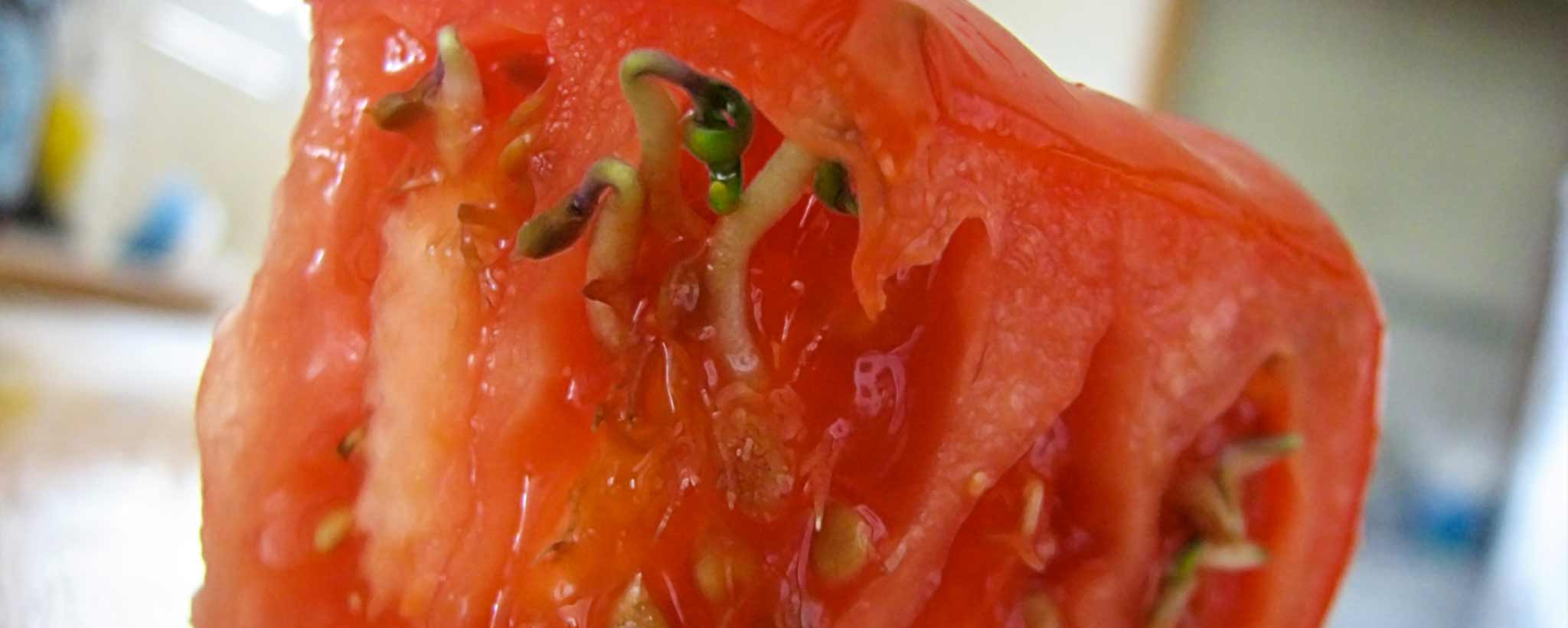The health benefits of refrigerators having separate fruit and vegetable bins might surprise you. Also why should some produce be kept from the refrigerator?
Compartments Preserve Flavor of Produce
Stuffing fruits and vegetables anywhere they fit in the refrigerator is not a good idea. From the moment a fruit or vegetable is picked, it begins dying. Initially, residual juices provide a reasonable shelf life.
When foods begin to decompose, they give off gases until they rot. As someone recognizing the importance of this topic, do not eat fruits or vegetables that become slimy or malodorous.
Clean Out Your Refrigerator
There is a reason why refrigerators have separate fruit and vegetable bins—also why some produce should be kept out of the refrigerator. As many fruits and vegetables ripen, they release a gas called ethylene. This causes neighboring produce to ripen prematurely.
Therefore, keep ethylene-sensitive fresh fruits separate from vegetables that emit the gas. Generally, the ethylene generators are mostly fruits and the ethylene-sensitive produce is mostly vegetable. The exceptions are watermelon and unripe bananas.
Ethylene-Sensitive
Refrigerated Vegetable Bin
- Asparagus
- Broccoli
- Brussels sprouts
- Carrots
- Cucumbers
- Eggplants
- Green beans
- Lettuce and other greens
- Peas
- Summer squash
- Watermelons
Ethylene-Generators
Refrigerated Fruit Bin
- Apricots
- Cantaloupes
- Honeydew melons
- Kiwis
- Mangoes
- Nectarines
- Papayas
- Passion fruit
- Peaches
- Pears
- Plums
- Prunes
Outside Refrigerator
- Apples*
- Avocados*
- Bananas (ripe)
- Potatoes
- Tomatoes*
* Apples, avocados, and tomatoes are both high producing and sensitive. So they should be separated from other produce and left out of the refrigerator—on the countertop or place root vegetables in a potato bin.
Using this knowledge to your advantage, you can hasten ripening of produce by paring it with an ethylene generator. For example hard unripe avocados might be placed in a brown paper bag with an apple for a day or two. Likewise, a quick way to hasten green banana ripening is to store with an apple.
Ripe plums (stone fruit) left on the counter at room temperature keep for only 2 to 3 days, while refrigerated plums last up to a week. Let it ripen, then refrigerate.
Monitoring Ethylene Production
Freshly picked tomatoes release huge amounts of ethylene. They therefore experience what is known as “ethylene shock,” whereas the closely related chili peppers show no such effect.
Because of the amount of ethylene, tomatoes should not be refrigerated but kept on the countertop. Shop for tomatoes on the vine at farmers’ markets when possible for better longevity.
Making a soup, salad or sandwich may result in some residual pieces of vegetables. It may seem efficient to place the extra pieces in a plastic bag together or add them to an existing bag of vegetables in the refrigerator.
Because of varying rates of decay (ethylene production), the cross-contamination can reduce the shelf life. It is better, in my opinion, to bag everything separately (especially cut tomatoes).
The industrialized world of lettuce manufacturing has come up with an ingenious way to monetize scrap leaves. Salvage them; rinse them and sell them as pre-washed mixed greens or “baby” spinach.
The problem is that these remnants picked on various days are in different stages of ethylene expulsion. It is far better to purchase leafy vegetables intact—attached to their core, vine, stem or stalk, preferably from a farmers’ market. It is best to pick fresh vegetables from your garden.
Separately packaged frozen fruits and vegetables have no ethylene interaction in the freezer. You can keep extra pieces of herbs and vegetables together in a freezer bag until you later boil and strain to make soup broth.
Do not place too much confidence in pre-washed leafy greens. These are residuals from various whole lettuces, spinach and other greens. They have different rates of decomposition due to age and variety. In your refrigerator, some turn brown and give off odors faster than others in the same bag. (A whiff of the contents can resemble the smell of flatulence.)
To support the writing of useful articles about food, ClinicalPosters sells human anatomy charts, scientific posters, and other products online. You may sponsor specific articles or remit a small donation.
ClinicalPosters sells human anatomy charts, scientific posters, and other products online to offset expense of the writing useful articles about food. Slide extra posters into DeuPair Frames without removing from the wall.
Show your support by donating, shopping for ClinicalPins, or leaving an encouraging comment to keep the research going.
To support the writing of useful articles about food, ClinicalPosters sells human anatomy charts, scientific posters, and other products online. You may sponsor specific articles or remit a small donation.
ClinicalPosters sells human anatomy charts, scientific posters, and other products online to offset expense of the writing useful articles about food. Slide extra posters into DeuPair Frames without removing from the wall.
ClinicalPosters sells human anatomy charts, scientific posters, and other products online. You may remit a small donation.
You can support the writing of useful articles about food by sponsoring specific articles or remitting a small donation. Visible content is optimized for device size.







 Romance & Health Intertwine. Fall in love with a captivating romance miniseries that explores the essence of well-being. Become a ClinicalNovellas library member for heartwarming tales.
Romance & Health Intertwine. Fall in love with a captivating romance miniseries that explores the essence of well-being. Become a ClinicalNovellas library member for heartwarming tales.




